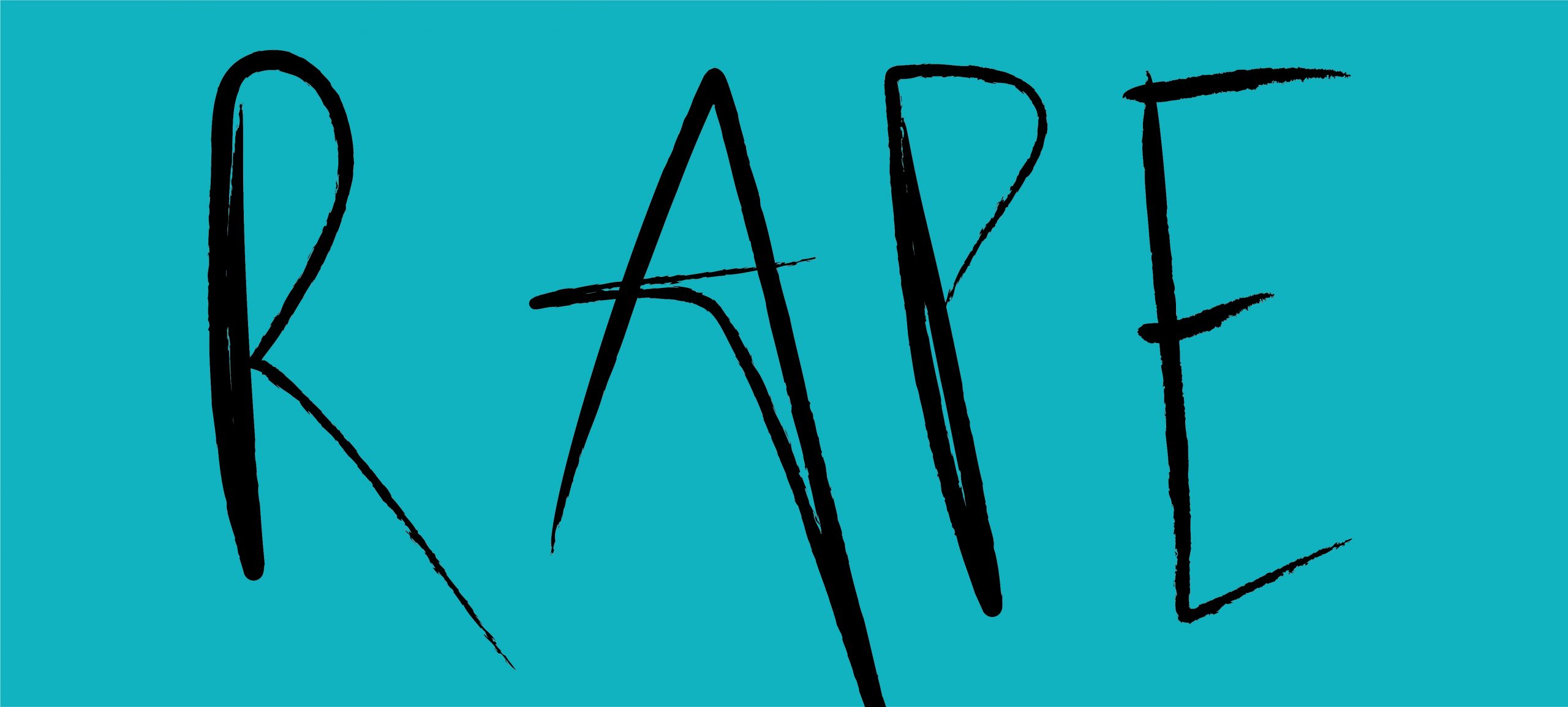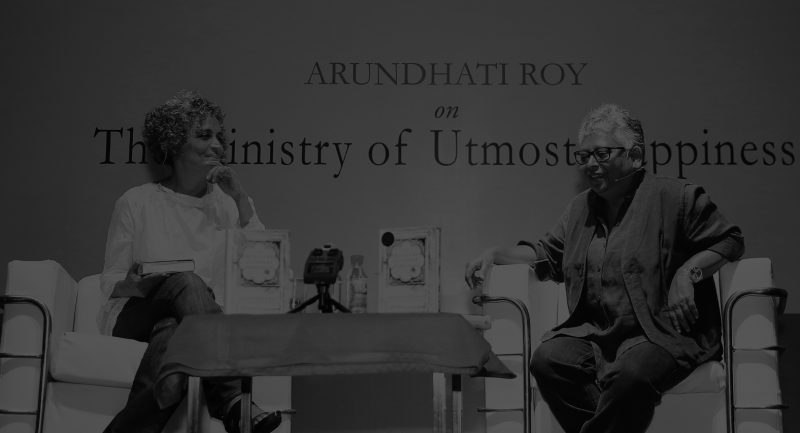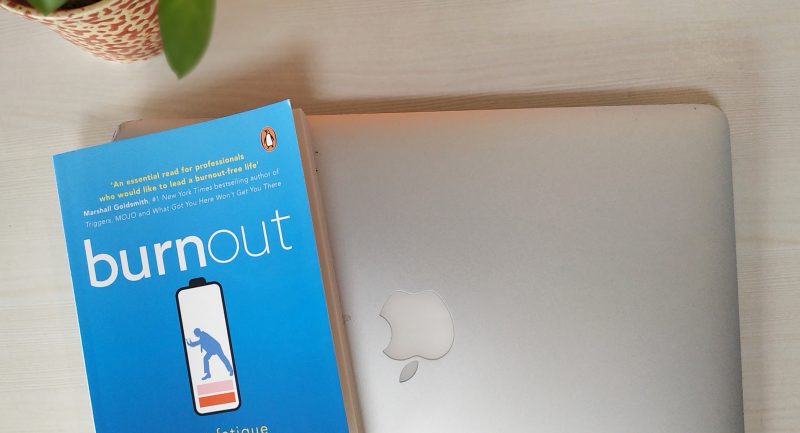
Rape is one of the most abhorrent crimes. It is a violation as much of the body as the psyche of the victim. And whatever spin one gives to it – the girl should have been more careful, women should dress ‘properly’, she was asking for it by being flirtatious, she is known to be promiscuous, women should not venture out alone beyond a certain time at night – there is no condoning it. But these are the very reasons one hears being bandied about. In her book What We Talk About When We Talk About Rape, Sohaila Abdulali points out why these excuses make matters worse, urging us, as a society, to start afresh the conversation about and around rape.
Here is a sneak peek into a few stories that will astound, infuriate and ignite you to take a step forward.
Title: Your Love Is Killing Me
‘Girls and boys get completely different messages about sex. We assume that sex feels good for boys, but girls learn early that losing their virginity is supposed to hurt. We create the idea that sex is uncomfortable for girls, and we raise girls who don’t think they deserve pleasure, and boys who at best don’t care about their partner’s pleasure, and at worst are actively abusive.’
Title: Good Girls Don’t
‘Who gets raped? Who do we think gets raped? Are girls who can shit and vomit on command immune? What about sex workers? Even if we acknowledge that anyone can be raped, who deserves to be raped? When are we willing to call it rape? At what point do you lose sympathy of your peers? When you’ve drunk too much, when you’ve had sex with x number of men in the past, when you’re just not a nice person? … Maybe acknowledging that all sorts of women get raped by all sorts of men messes too much with the comfortable narrative that says only good girls get raped. Oh, but it also says good girls don’t get raped. Both these things can’t be true, and sex workers aren’t good girls, so how can they be raped, and if they’re raped, they’re human and hurt, and we can’t have that. So let’s just shut our eyes and maybe the whole confusing thing will go away.’
Title: What Did You Expect?
‘Much of the confusion comes from the sexist attitudes and cultural norms. But I think there is another aspect to the ease with which we blame ourselves for terrible events. It has to do with that familiar word: control. And if that’s the case, then it’s not necessarily completely pathological to blame yourself a bit. Maybe it’s a coping mechanism.’
Title: Oh, Please
‘There’s a subversive little thread that often weaves itself into any discussion of women actually speaking out and taking space to claim their histories of sexual violence. It’s an insidious thread that has choked us for far too long. I call it the Lose-Lose Rape Conundrum. It unwinds like this. If you talk about it, you’re a helpless victim angling for sympathy. If you are not a helpless victim, then it wasn’t such a big deal, so why are you talking about it? If you’re surviving and living your life, why are you ruining some poor man’s life? Either it’s a big deal, so you’re ruined, or it’s not a big deal and you should be quiet.’
In What We Talk About When We Talk About Rape, Sohaila Abdulali asks pertinent questions: Is rape always a life-defining event? Does rape always symbolize something? Is rape worse than death? Is rape related to desire? Who gets raped? Is rape inevitable? Is one rape worse than the other? Who rapes? What is consent? How do you recover a sense of safety and joy? How do you raise sons? Who gets to judge?









